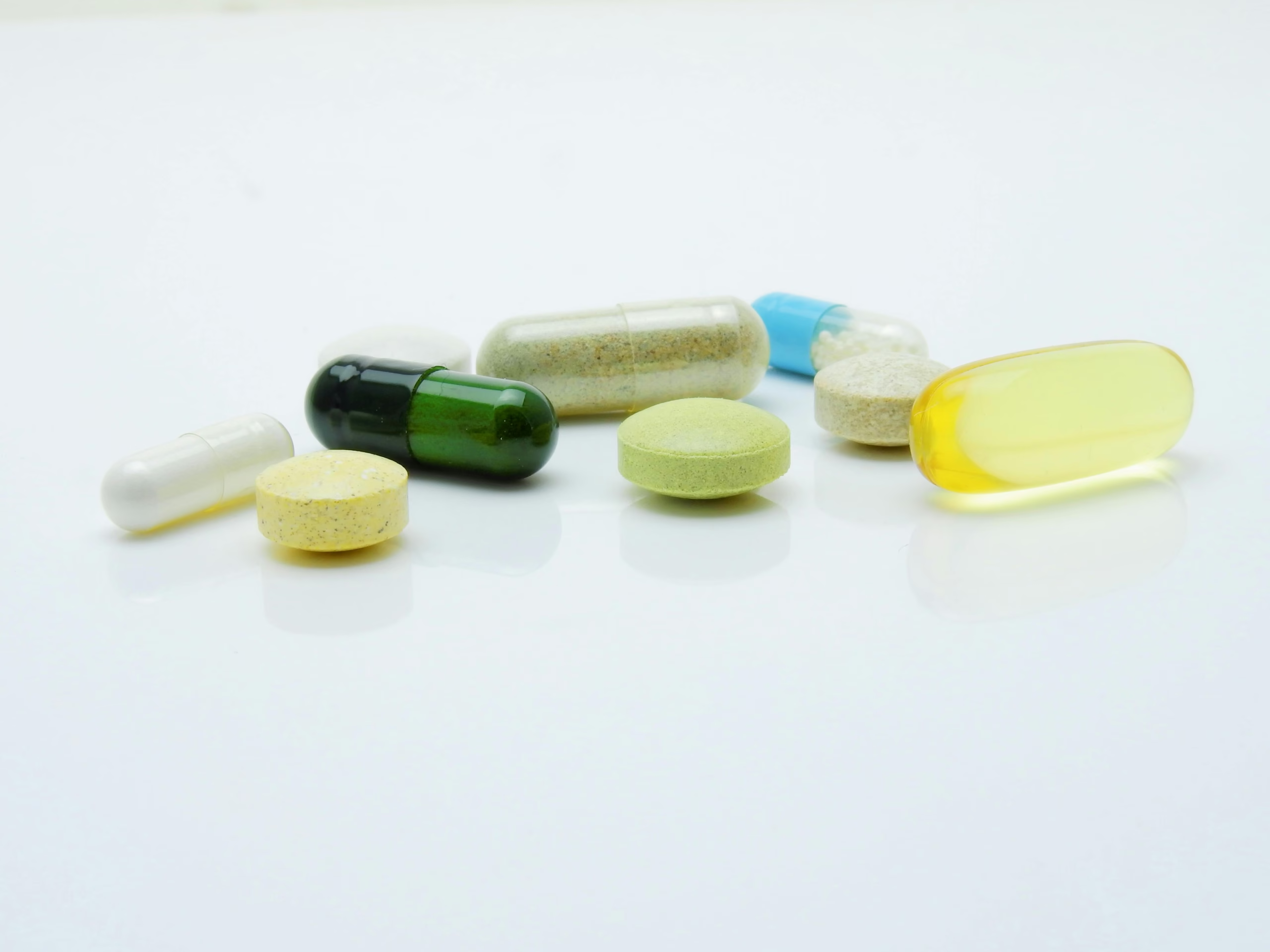Becoming an expecting parent is an exciting journey, but it can also come with its share of challenges, especially when it comes to health concerns. One common issue that many pregnant women encounter is dealing with a cold or flu. You might be wondering about cold medicine while pregnant and what options are safe for you and your baby. In this article, we will explore the safe cold medicine while pregnant and provide guidance on choosing the right options.
Understanding the Risks
During pregnancy, your body goes through numerous changes, and your immune system is not exempt. Pregnant women often find themselves more susceptible to colds and respiratory infections. While it can be tempting to reach for over-the-counter medications, it is crucial to understand the potential risks associated with taking medicine during pregnancy for cold.
Many medications can cross the placenta, affecting your developing baby. Therefore, it is essential to be cautious and informed about any medications you consider taking.
Consulting Your Healthcare Provider
Before taking any medication, it is always best to consult your healthcare provider. They can provide personalized advice based on your medical history and the specifics of your pregnancy. Your doctor may recommend non-pharmaceutical remedies or suggest safe cold medicine while pregnant options that are proven to be effective.
Safe Cold Medicine While Pregnant
When it comes to cold medicine while pregnant, there are some options that are generally considered safe. Here are a few examples:
- Acetaminophen: Commonly known as Tylenol, it is often recommended for pain relief and fever reduction during pregnancy.
- Saline Nasal Sprays: These can help relieve nasal congestion without any harmful side effects.
- Honey and Lemon: A warm drink made with honey and lemon can soothe a sore throat and alleviate cough.
- Humidifiers: Using a humidifier can help ease congestion and keep the air moist, which can be beneficial during a cold.
Over-the-Counter Medications
While some over-the-counter medications are safe during pregnancy, others should be avoided. Here are a few key points to consider:
- Always read labels carefully and avoid products with multiple ingredients.
- Stay away from medications containing alcohol or high doses of caffeine.
- Be cautious with herbal remedies, as not all are safe during pregnancy.
Using the SafeMom ingredient checker app can help you make informed decisions about the medications you consider. This app allows you to input various ingredients and check their safety during pregnancy, ensuring you have the most accurate information at your fingertips.
Natural Remedies for Cold Symptoms
In addition to safe cold medicine while pregnant, there are numerous natural remedies that can provide relief:
- Stay Hydrated: Drinking plenty of fluids is crucial. Water, herbal teas, and broth can help maintain hydration.
- Rest: Your body needs extra rest during pregnancy, especially when fighting a cold.
- Warm Compress: Applying a warm compress can relieve sinus pressure and headaches.
- Ginger Tea: Ginger is known for its anti-inflammatory properties and can help soothe nausea and throat discomfort.
Signs You Should Seek Medical Attention
While most colds can be managed at home, there are times when seeking medical attention is necessary:
- If you experience a high fever (over 101°F or 38.3°C).
- If symptoms persist for more than a week.
- If you have difficulty breathing or chest pain.
- If you experience severe headaches or swelling in your hands or face.
In these cases, consult your healthcare provider immediately for appropriate guidance and treatment options.
Managing a cold during pregnancy can be tricky, but understanding your options is crucial. Always prioritize your health and the health of your baby by consulting your healthcare provider before taking any medication. There are many safe cold medicine while pregnant options available, along with effective natural remedies. Remember, the SafeMom ingredient checker app is a fantastic resource to help you navigate safe choices. Ultimately, the well-being of both you and your baby is what matters most. Stay informed, stay safe, and take good care of yourself during this special time.


